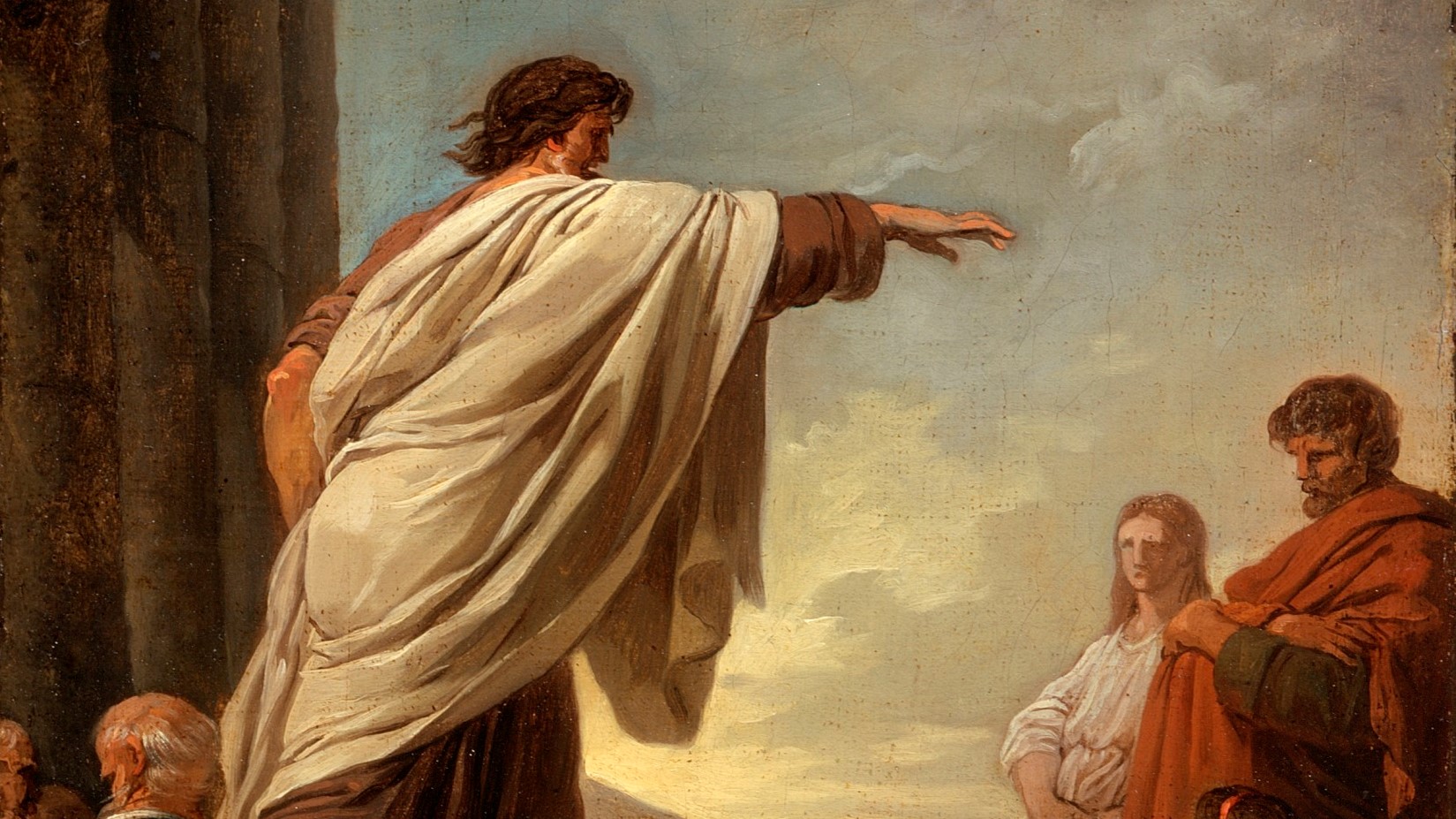
1 Corinthians 9:16-23
Fifth Sunday after Epiphany B
16 If I proclaim the gospel,A this gives me no ground for boasting,B for an obligationC is laidD on me, and woeE to me if I do not proclaim the gospel!
17 For if I doF this of my own will,G I have a reward;H but if not of my own will,I I am entrusted withJ a commission.K
18 What then is my reward? Just this: that in my proclamationL I may makeM the gospelN free of charge,O so as not to make full use ofP my rightsQ in the gospel.
19 For though I am freeR with respect to all, I have made myself a slaveS to all, so that I might winT more of them.
20 To the JewsU I becameV as a Jew, in order to win Jews. To those under the lawW I became as one under the law (though I myself am not under the law) so that I might win those under the law.
21 To those outside the lawX I became as one outside the law (though I am not free from God’sY lawZ but am under Christ’sAA law)BB so that I might win those outside the law.
22 To the weakCC I became weak, so that I might win the weak. I have become all things to all people, that I might by all means saveDD some. 23 I doEE it all for the sake of the gospel, so that I may shareFF in its blessings.
Image credit: “The Predication of Saint Paul” by Joseph-Benoit Suvee, circa 1779.
